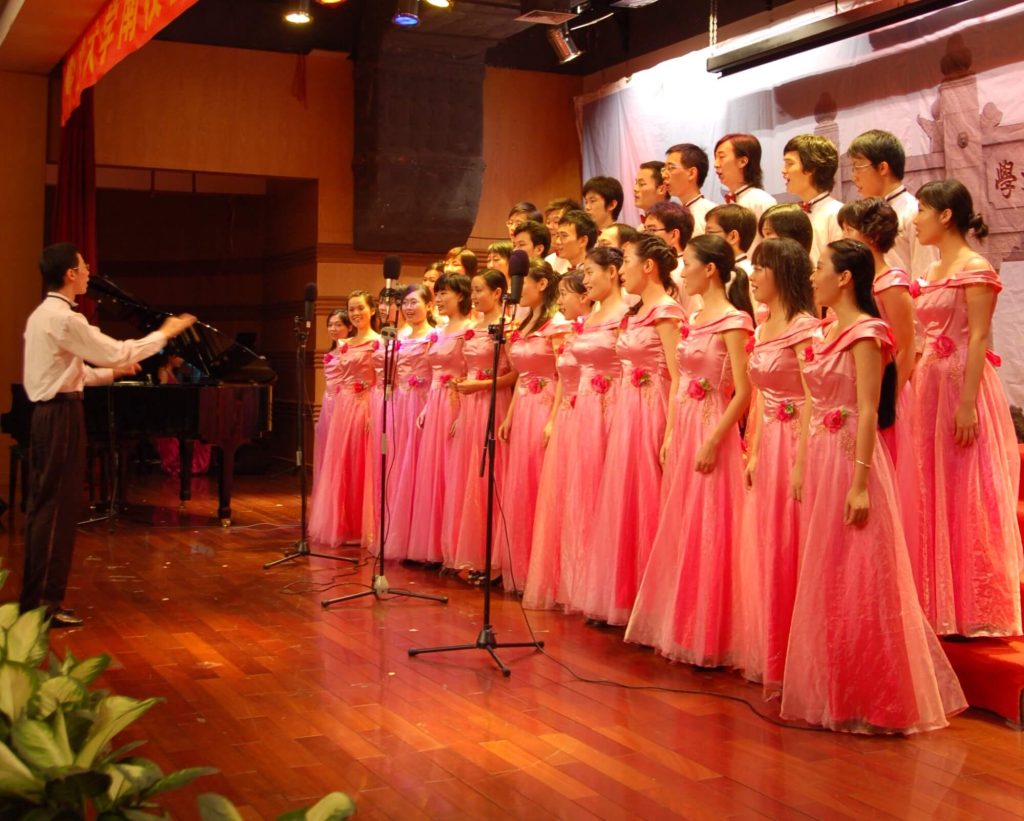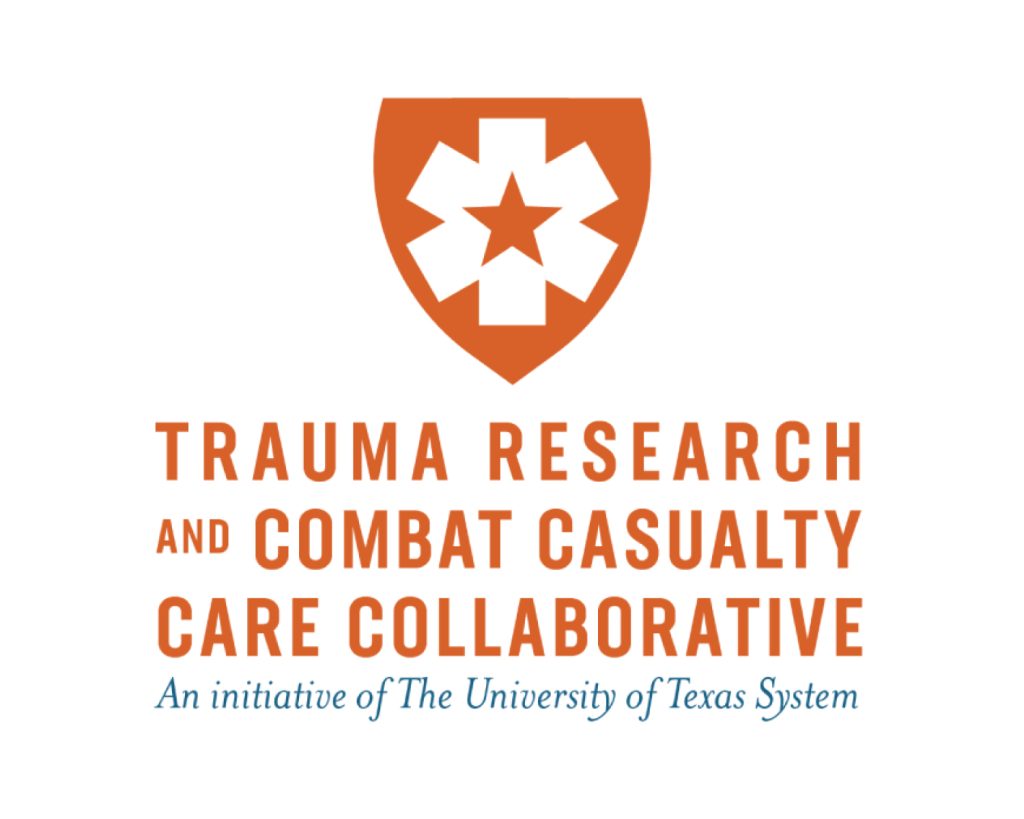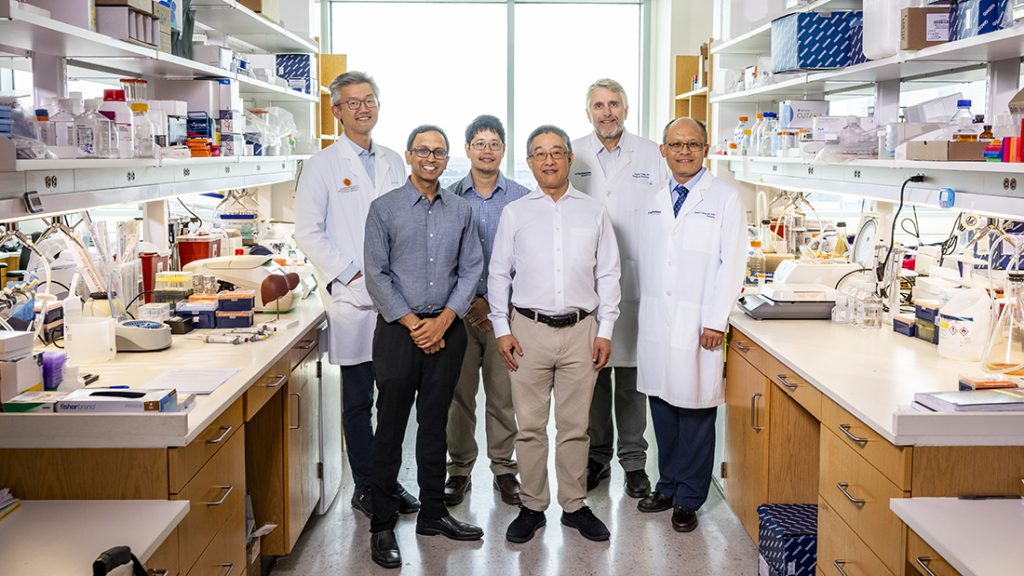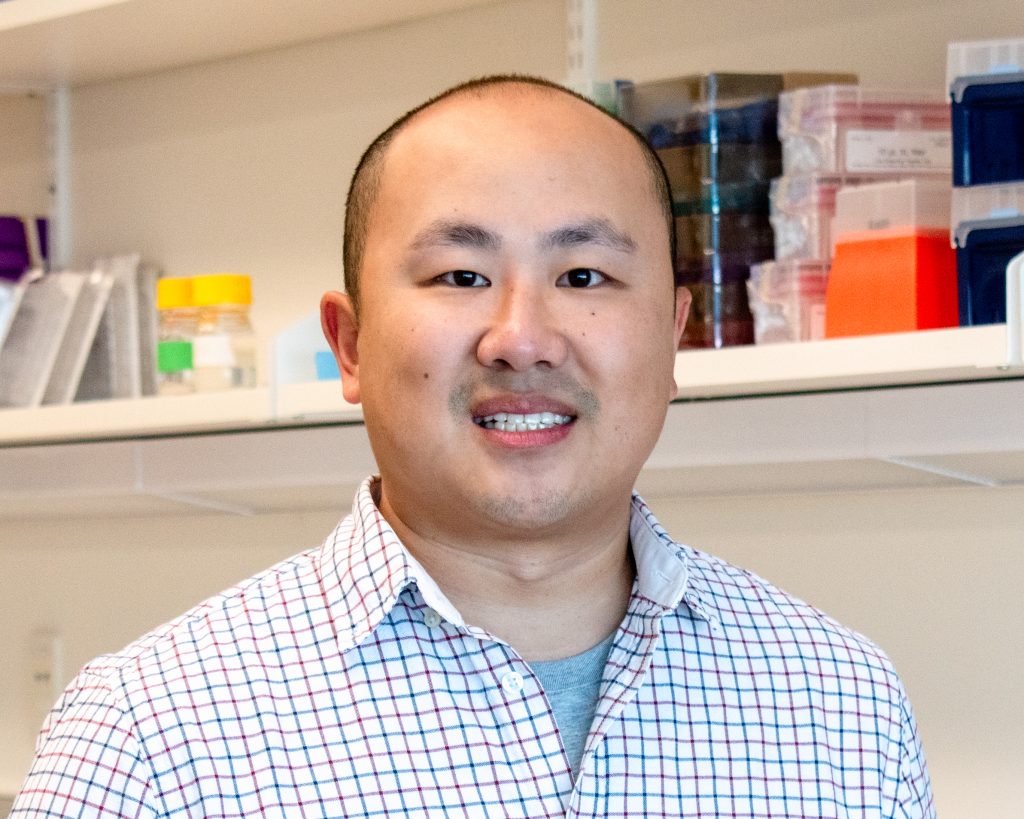Dr. Sihan Wu recently became the institute’s tenth faculty member and principal investigator. He earned his Ph.D. at the Zhongshan School of Medicine at Sun-Yat-sen University in 2014, and completed a postdoctoral fellowship at the Ludwig Institute for Cancer Research at the University of California, San Diego, under Dr. Paul Mischel’s mentorship. In CRI, Dr. Wu’s lab studies the molecular function and basis of extrachromosomal DNA (ecDNA) in human cancer. Recently, Dr. Wu shared his thoughts on joining CRI and the plans for his lab.
Why did you decide to join the CRI?
The most important reason is the people. I felt welcome at CRI from the start, and saw clearly how we could inspire each other. My interviewing experience at CRI was also unique compared to other departments I met with. During the one-on-one meetings after the seminar and chalk talk sessions, we discussed how we could collaborate in the future and do some exciting projects together. What’s more, all my colleagues at CRI gave me valuable advice on succeeding as a junior faculty before I even joined.
The second reason is the generous support from CRI and the Cancer Prevention and Research Institute of Texas (CPRIT), which is second to none in the job market. With the startup funds from them and the support of the Children’s Medical Center Foundation, I can conduct risky but highly innovative research without worrying about the challenges and difficulties I will face.
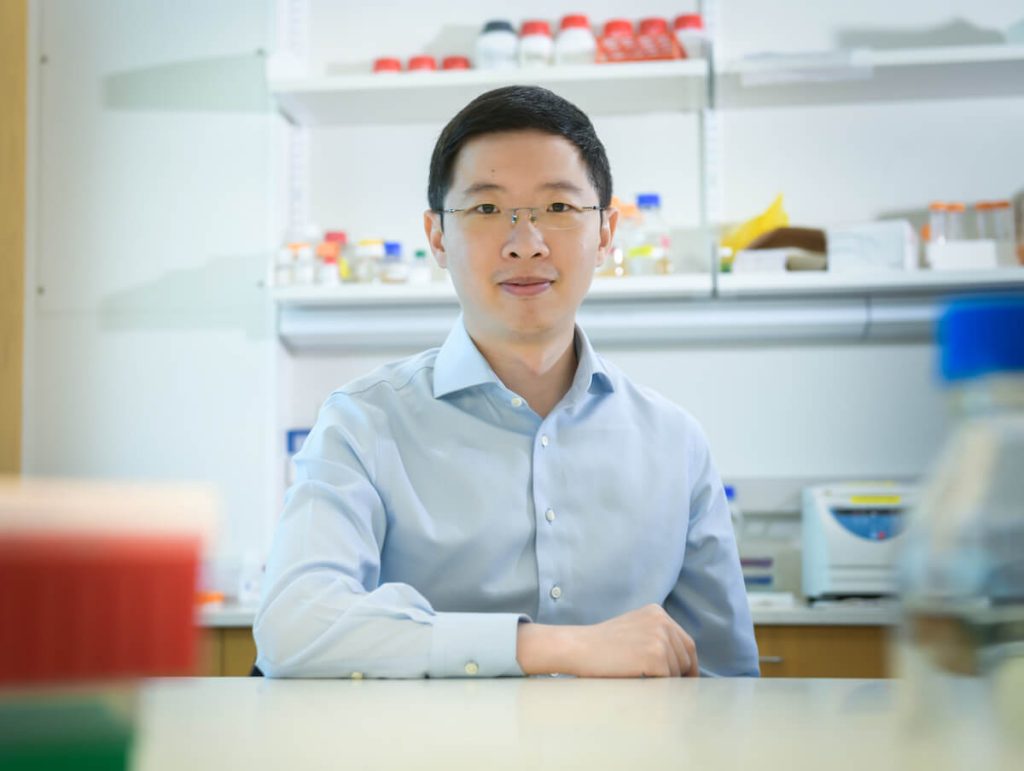
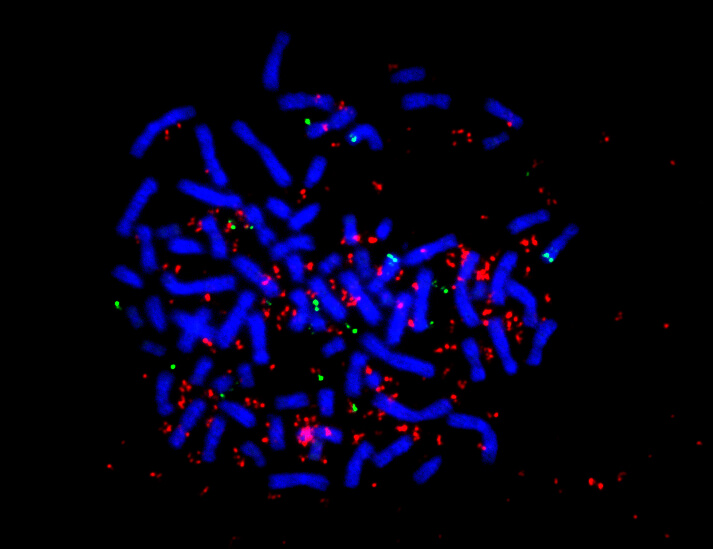
Tell us about your research.
I am interested in the role of ecDNA in human cancer. Our chromosomes carry the genetic blueprint of human life, which tells our cells how to function. In cancer cells, that genome is profoundly altered. One of the most common genetic alterations in cancer is amplification of oncogenes – a type of gene that promotes cancer formation and growth. However, in many cases, these amplified oncogenes are not physically located on the chromosomes. Instead, they frequently “jump” off the chromosome and replicate as circular ecDNA particles.
Recently, we found that circular ecDNAs are prevalent in a quarter to a third of all cancers, especially in the most aggressive cancer types, including brain, lung, and breast cancers. Our understanding of ecDNA is limited, but work in my lab will be focused on uncovering the mechanisms that drive this behavior to develop specific therapeutic strategies to eliminate ecDNA and target oncogenes that are currently undruggable.
How will your work help patients?
Cancer with ecDNA is usually more resistant to chemotherapy and targeted therapy due to the dynamically changing ecDNA copy number. However, in the current clinical therapeutic regime, we don’t have the tools needed to identify patients with ecDNA-driven cancers, nor do we know how to treat them differently if ecDNA is found.
My research focuses on how cancer maintains the ecDNA population and expresses the oncogenic information, including how ecDNA replicate, repair, transcribe, and interact with each other and other DNA. By deciphering these mechanisms, we will be able to develop effective strategies to eliminate ecDNA in cancer. I am also collaborating with scientists specialized in imaging and computation to develop cost-effective methods to identify ecDNA in tumor tissue samples. We hope to incorporate these new tools into the current pathological pipeline to stratify patients and make better medical decisions.
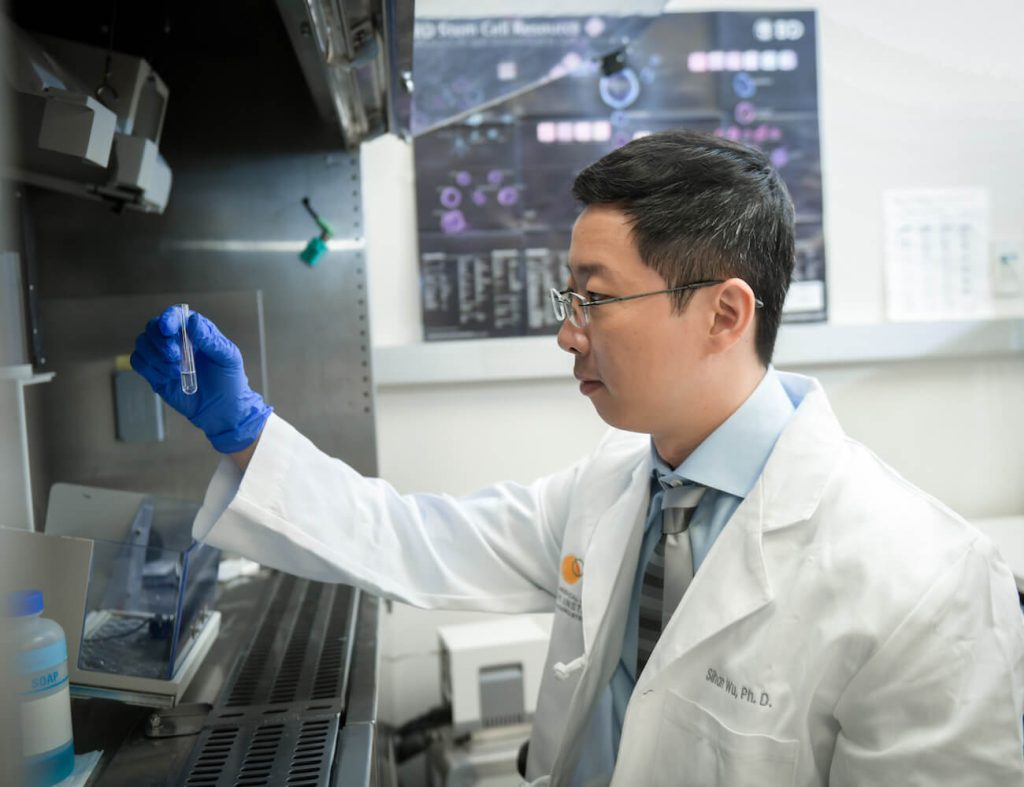
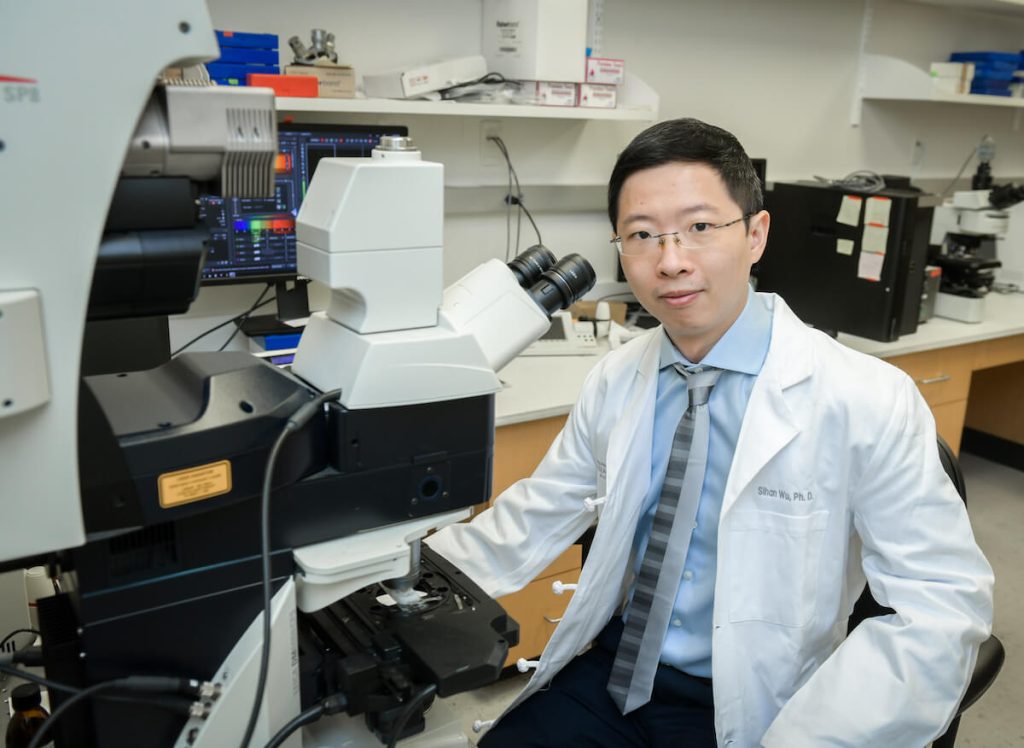
What lessons have you learned along the way that might benefit others pursuing a career in science or medicine?
Figure out your research field, or your niches, as soon as possible. Trying different things during the early training phase is essential as it broadens your views and experience. But in the end, when you pursue an independent career, you want your colleagues to remember who you are and what you do as a scientist.
It is not easy, though, because it requires you to keep asking why this field is important, why you are the right person to do the job, and what unique insights you can bring to the field. But once you have a clear vision of your scientific path, you will never get lost because you understand what you do every day is meaningful.
What would you be if you were not a scientist?
I would either enter the music industry or teach music. I was the coach and conductor of the university choir starting in my third year of undergrad until I finished my Ph.D. training. I really enjoyed how music can bring people from different backgrounds and cultures together. I also found it was fun to combine my scientific knowledge, including acoustic physics and anatomy, with music to elevate our overall performance.
